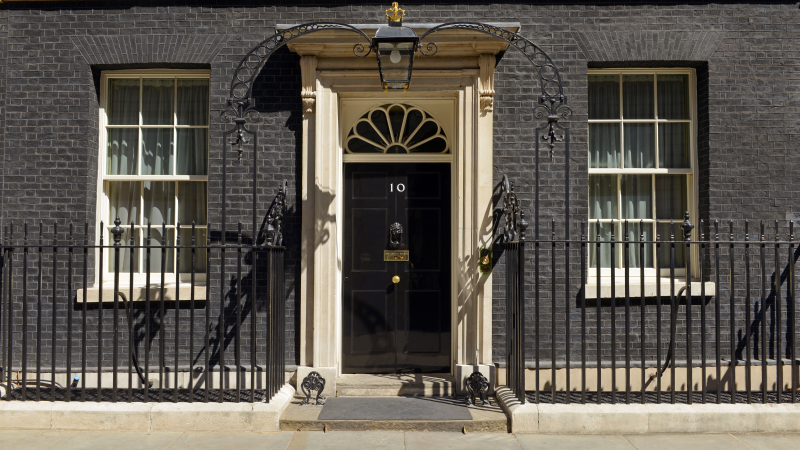Sunak under fire for plans to ditch green policies
20 September 2023

20 September 2023

The Prime Minister is delaying key green targets, including the ban on new petrol and diesel cars, and delaying the phase-out of gas boilers.
Yesterday afternoon, Prime Minister Rishi Sunak addressed the nation with his plans to push back previously agreed green initiatives. Taking to the podium, he began the conference by suggesting too much debate surrounds issues of climate and stated that "both extremes of the argument are wrong and fail to reckon with the reality of the situation."
His two primary prongs for justifying the changes he will make to climate policy are lessening the financial burden on working people, and bringing clarity, rather than emotion, to the debate.
However, the green industry's response to Sunak's conference has been largely negative, with key critics condemning his willingness to abandon the climate policies he had so proudly championed as pioneering and world-leading just months before.
Here are the key changes that will be made:
A standout policy Sunak will reverse is the UK’s flagship strategy to phase out all new internal combustion engine vehicles by 2030, with this deadline possibly being extended by a further five years to 2035. This position has been slammed by car giant Ford alongside other automotive industry giants.
The questions that followed the Prime Minister's conference were largely angled towards this policy change, with critics suggesting the government had "pulled the rug" from beneath the electric vehicle industry which was gearing up for a 2030 transition. There are also questions surrounding the impact delaying these targets will have on foreign investment.
The government will also delay the phasing out of fossil fuel boilers, pushing back the ban from 2026 to 2035. Sunak claims that net zero should be achieved on the "terms of the public," and forcing households to make the switch to heat pumps to early will impose substantial cost burdens on working people.
However, Sunak has announced a 50 per cent increase in the Boiler Upgrade Scheme, with grants rising from £5,000 to £7,500.
To summarise, the key changes announced in Sunak's new net zero strategy are:
Sunak argues that the debate surrounding net zero needs more "clarity, not emotion."
"both extremes [of the argument] are wrong and fail to reckon with the reality of the situation... We seem to have defaulted to an approach which will impose unacceptable costs on hard-pressed British families."
However, Chris Skidmore, former minister who produced a net zero report for Sunak earlier this year, condemns the PM's approach to climate policy: “We will look back on this moment as Sunak’s slow motion car crash.”
Here’s what our director, Amy House, has to say:
“It’s deeply concerning that the UK government is prepared to weaken vital green policies which seemed set to be delivered. Net zero commitments are essential for growing the green economy, reducing damaging emissions, and evolving towards a business environment that is both profitable and sustainable.”
“Positive change must come from the top. If governments are comfortable abandoning climate policy, this will trickle down into the attitudes of organisations, sending the signal that environment and green commitments are backbench policies.”
Among the cacophony of criticisms against the Prime Minister's controversial decision to scrap significant climate policies, the Energy and Climate Intelligence Unit (ECIU) has delivered a stark warning that the government's plan to scrap these measures could cost British households almost £8bn in higher bills over the next decade.
The reason for this is that maintaining high levels of demand for gas across the economy will leave businesses and households vulnerable to seemingly inevitable spikes in gas prices.
ECIU's energy analyst, Jess Ralston, explains:
“Quite the opposite of an honest debate, the implication that any of these policies were going to affect the cost of living here and now is untrue. In fact, the PM has sided with landlords over renters, putting their energy bills and cost of living up by ducking the improvement of rules on energy efficiency. That doesn’t make any sense when excess cold in homes costs the NHS £1.2bn per year and renters are amongst those with the lowest incomes.”
If the government delays the petrol and diesel phase-out date to 2035 it will whack UP costs on British families. And here is the evidence from the Government's own advisors @theCCCuk 👇 pic.twitter.com/3iWCmggBWs
— Ed Miliband (@Ed_Miliband) September 20, 2023
Share